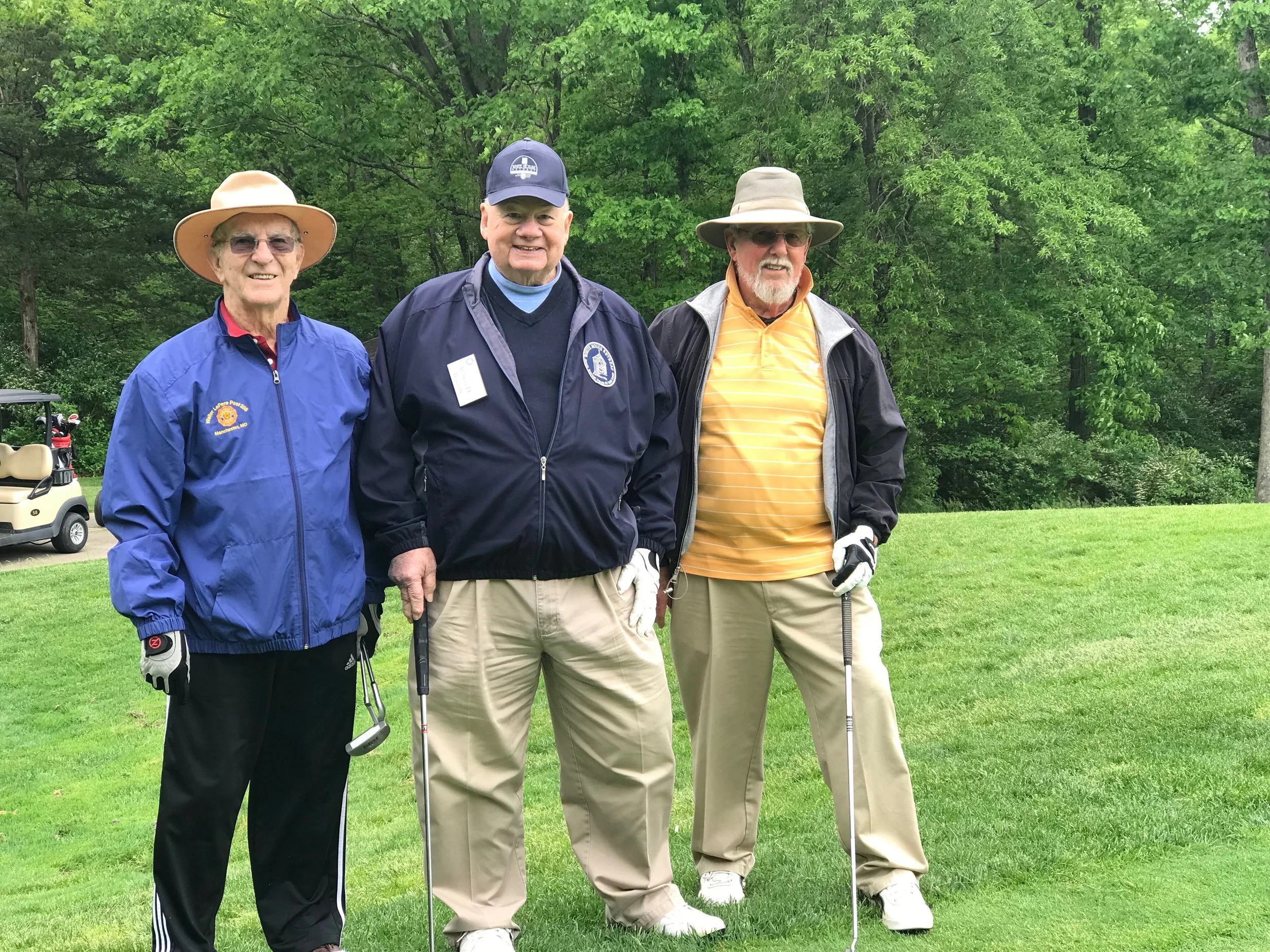Weekend Reflections for 6/21/19
Corpus Christi
21st century science tells us that we are ALL literally connected to one another and to all things—ALL part of one vast web of life in our universe. This is not a mere metaphor or a symbol; it is true that the matter of all of our bodies is intrinsically related because all emerged from and is caught up in a single energetic event that is the unfolding of the universe. Our common ancestry stretches back through life forms and into the stars, back to the primeval explosion of light that began our universe. Atoms that may have been part of Jesus’ body are now part of our bodies. From our roots in the universe, WE are ALL one bread, one body. It’s not a matter of “us and them,” we are ALL one bread, one body. The bible readings for Corpus Christi invite us to claim this interconnectedness with Christ and with one another, for the ongoing life and flourishing of the world.
There are many wonderful ways to celebrate Corpus Christi, the one bread, the one body of Christ: with private devotion as well as public parades. Today, after communion, perhaps, instead of returning to the pew hugging Jesus to yourself, what if we look up at all the other people around us: some we know and like or even love; others we may not know at all or even maybe some we don’t like at all. Yet here we all are participating in the body and blood of Christ. Not just “receiving”, but becoming his blood, his body for this world. In a sense in communion we receive not only Jesus, but all the members of the Body of Christ.
For St. Paul, the Eucharist goes beyond individual piety; Eucharist binds us all together in the Risen Christ. To “Jesus and me” we add “Jesus and Us.” But if the Eucharist is the celebration of our unity, it is our remembrance, our being remembered, being put back together as one body in Jesus Christ who shared our flesh and blood. Our solidarity in this faith is greater than all our differences when we partake of one food and drink to nourish us on our way. Let those words we often sing ring true: One bread, one body, one Lord of all; one cup of blessing which we bless; and we, though many throughout the earth, we are one body in this one Lord.
-Fr. Ted Arroyo, SJ
























